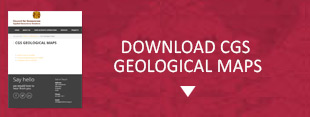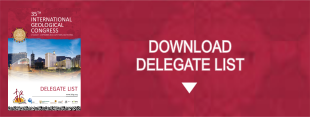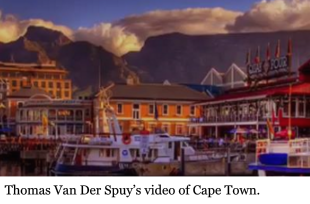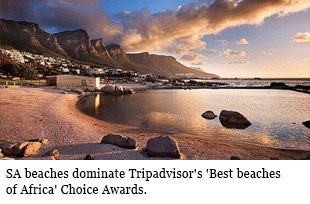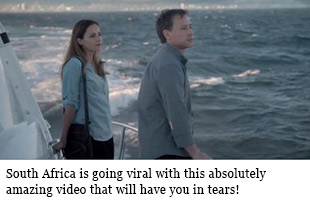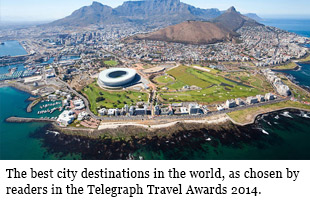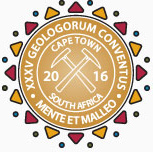
35TH INTERNATIONAL GEOLOGICAL CONGRESS
27 AUGUST - 4 SEPTEMBER 2016 | CAPE TOWN, SOUTH AFRICA
Sponsors
Keystone Sponsor
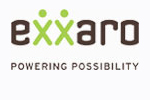

Diamond Sponsor


Gold Sponsor


Silver Sponsor



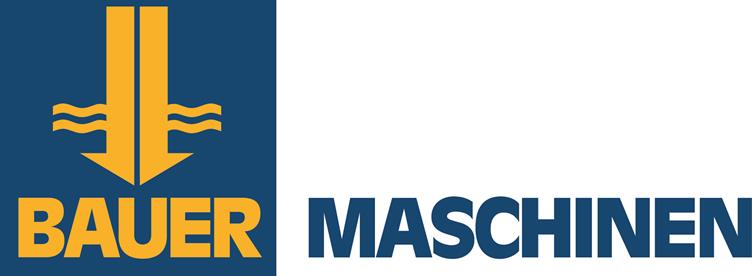




Business Centre Sponsor


Publication Sponsor




Social Function


Plenary Speaker Sponsor


Speaker Gift Sponsor


Post Graduate Fund


Registration


Welcome Drinks
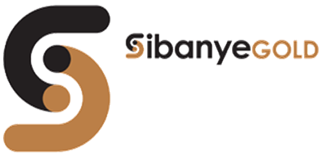

Lunch Time Drinks


Publication &
35 IGC SAGPGF
35 IGC SAGPGF

35 IGC SAGPGF




MY IGC APP


Symposium Sponsor
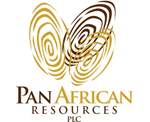
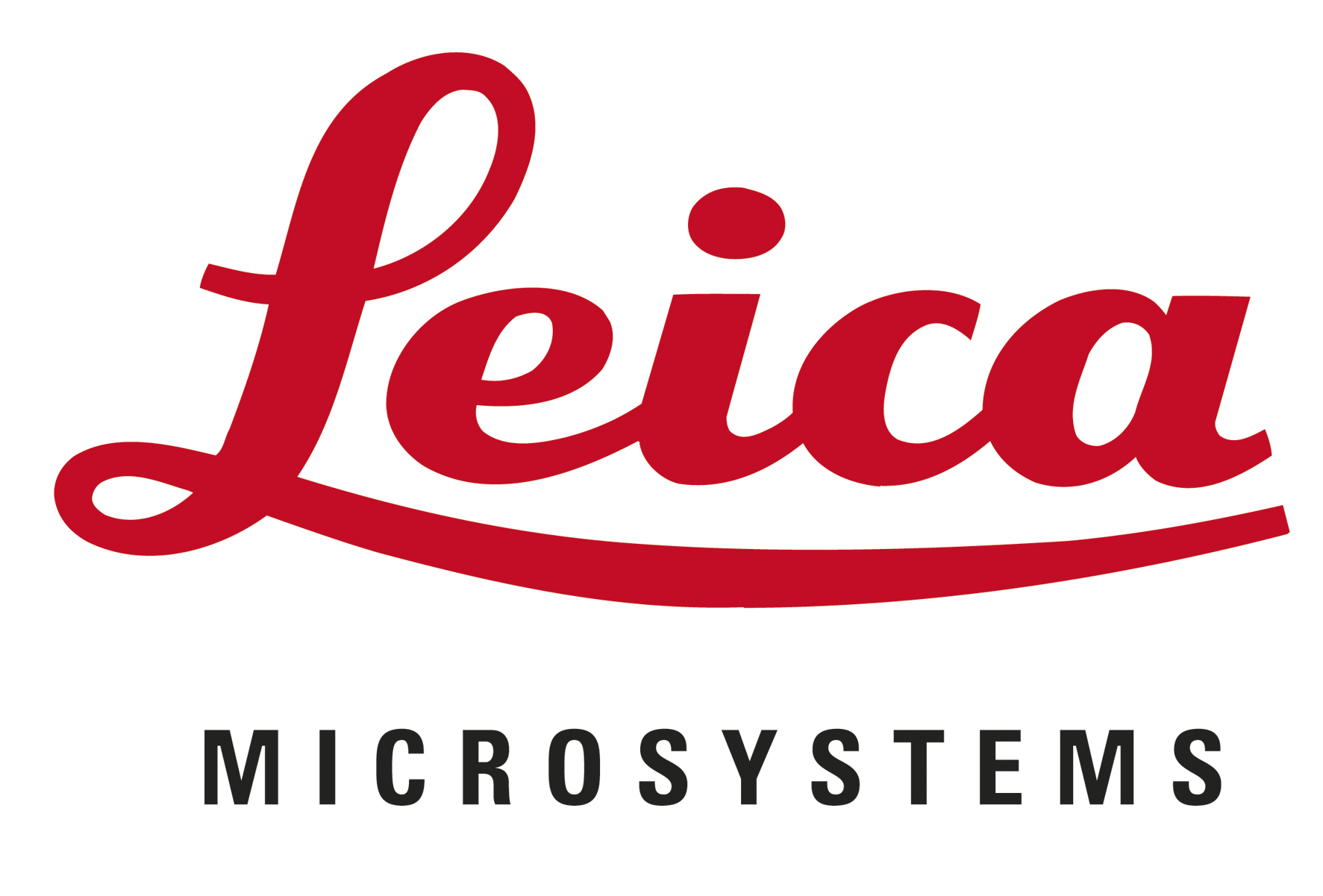


Audit Sponsor
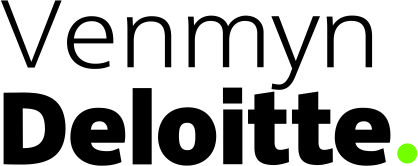

35TH INTERNATIONAL GEOLOGICAL CONGRESS
27 AUGUST - 4 SEPTEMBER 2016 | CAPE TOWN, SOUTH AFRICA
My IGC
Symposium Details
| Title | Description | Convenors |
|---|---|---|
| Geoscientific tools in integrating Climate Change Adaptation-Disaster Risk Reduction | Climate Change Adaptation (CCA), the options undertaken to make the communities and natural systems cope with changing climatic conditions is recognized as one of the needs as per UNFCCC to reduce risk to the communities. Disaster Risk Reduction (DRR) on the other hand is much broader and attempts to address risk reduction irrespective of their climatic connotations. The recent trends in disaster management prescribe an integrated approach to address the needs of both CCA and DRR. The regional and national developmental needs have a large scope to receive inputs from geoscientific datasets, information and modeling to make the CCA and DRR initiatives more integrated and effective. These can be in form of new toolkits, customized capacity building schemes or new inputs for H, R, V analysis. Planning resource management for CCA-DRR through mainstreaming also benefits from geological inputs for optimum sectoral linking. As the vulnerability in different geomorphological terrains viz. coasts, mountainous terrains, floodplains and urban landscapes is increasing, geological information is vital for reducing disaster risk. Geo-spatial management of geological and hydro-meteorological information available with various institutions is emerging as a major resource for future disaster planning. The technical session is intended for scientists and professionals across the disciplines for discussing a wide array of issues viz. use of geoscientific tools in natural and human-induced disasters, disaster database management, Early Warning for disasters, reefing the disaster developmental tools like mainstreaming, integrating traditional knowledge with modern disaster mitigation techniques for CCA, DRR to strengthen decision support system for disasters. | Mriganka Ghatak |
 Field trips
Field trips  Sponsorship & expo
Sponsorship & expo  Registration
Registration Tours
Tours  Promotion
Promotion 

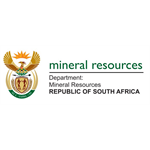












 Conference Programme
Conference Programme  Field trips
Field trips  Sponsorship & expo
Sponsorship & expo  Volunteer
Volunteer  GeoHost
GeoHost  Registration
Registration Tours
Tours  Promotion
Promotion  Publications
Publications


